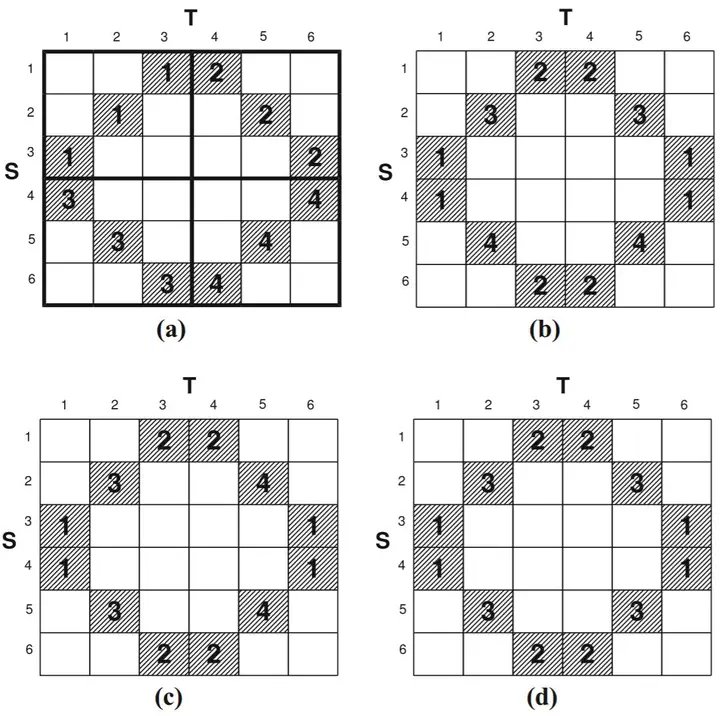Flexible Partitioning for Selective Binary Theta-Joins in a Massively Parallel Setting

Abstract
Efficient join processing plays an important role in big data analysis. In this work, we focus on generic theta joins in a massively parallel environment, such as MapReduce and Spark. Theta joins are notoriously slow due to their inherent quadratic complexity, even when their selectivity is low, e.g., 1%. The main performance bottleneck differs between cases, and is due to any of the following factors or their combination: amount of data being shuffled, memory load on reducers, or computation load on reducers. We propose an ensemble-based partitioning approach that tackles all three aspects. In this way, we can save communication cost, we better respect the memory and computation limitations of reducers and overall, we reduce the total execution time. The key idea behind our partitioning is to cluster join key values following two techniques, namely matrix re-arrangement and agglomerative clustering. These techniques can run either in isolation or in combination. We present thorough experimental results using both band queries on real data and arbitrary synthetic predicates. We show that we can save up to 45% of the communication cost and reduce the computation load of a single reducer up to 50% in band queries, whereas the savings are up to 74 and 80%, respectively, in queries with arbitrary theta predicates. Apart from being effective, the potential benefits of our approach can be estimated before execution from metadata, which allows for informed partitioning decisions. Finally, our solutions are flexible in that they can account for any weighted combination of the three bottleneck factors.